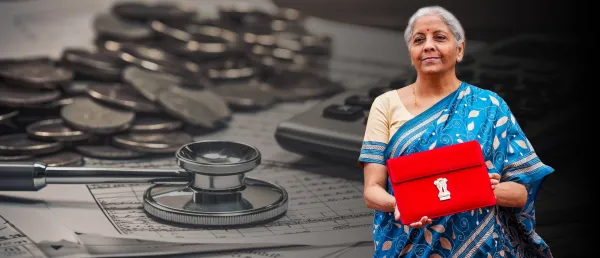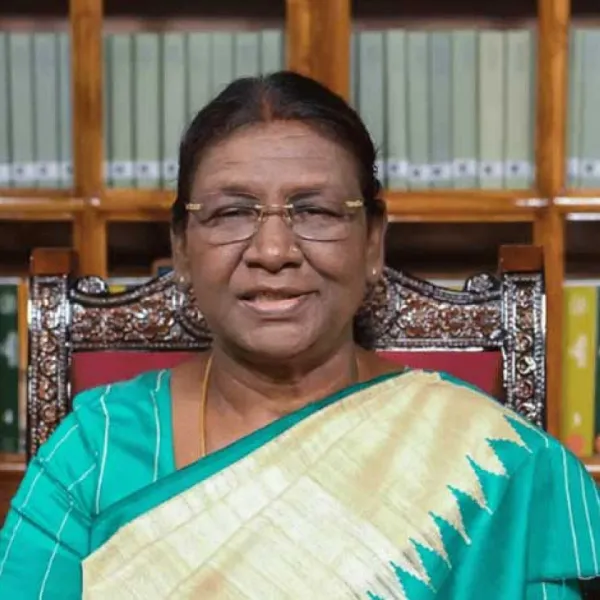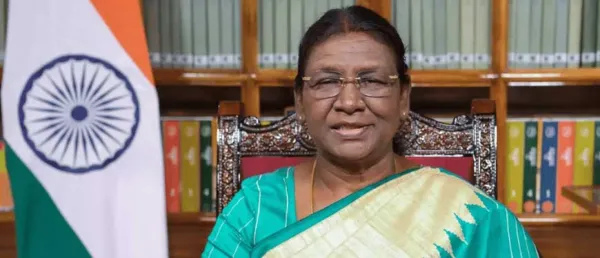Community Health Workers: The Frontline Force of Inclusive Care

Frontline health workers are the backbone of resilient health systems. Their critical role became especially evident during the COVID-19 pandemic, where they stood at the forefront of managing the crisis despite severe risks to their own health.
This article explores the challenges faced by frontline health workers, their role during health emergencies, and the urgent need to strengthen their capacities to build resilient health systems capable of tackling complex health challenges.
The Challenge
Frontline health workers are individuals who provide health services directly to communities. These workers are the first and often only contact with the healthcare system for millions of vulnerable people, particularly those living in remote or hard-to-reach areas. Evidence from countries such as Indonesia and Rwanda shows that investment in health workers significantly increases healthcare reach.
During the COVID-19 pandemic, frontline health workers were engaged around the clock to support their communities. In developing countries, where these workers bear much of the health system’s burden, their role became even more crucial. A rapid community survey by The Antara Foundation in May 2020 revealed that nutritional services provided by frontline health workers remained uninterrupted for 55 percent of respondents.
In India, the public health system’s pandemic response was led by the Auxiliary Nurse Midwife (ANM), Accredited Social Health Activist (ASHA), and Anganwadi Worker (AWW), collectively known as the AAA. These cadres collaborated across various activities to prevent, manage, and treat COVID-19 cases in rural areas while maintaining routine health services.
Health emergencies significantly increase reliance on frontline health workers. Past outbreaks such as SARS and Ebola demonstrated these workers' escalating pressures and challenges. Often, crises magnify existing weaknesses in the health system. Repeated lessons from these emergencies highlight the critical need to invest in the capacity-building of frontline health workers.
Some of the significant challenges they face include:
Inadequate skills: Lack of appropriate training and support limits effective service delivery. The pandemic exposed numerous cases requiring targeted training interventions.
Unclear role definitions: The dynamic nature of COVID-19, with constantly changing guidelines and care protocols, left many frontline workers uncertain about their responsibilities. For example, 87–97 percent of AAA workers identified community awareness generation as a core task, only 40 percent acknowledged contact tracing, and 30 percent recognized identifying high-risk cases as part of their role.
Poor compensation: Women comprise 90 percent of frontline health workers and often receive inadequate pay for their labor. Studies in Bihar, India, found salary to be the primary motivator for Anganwadi Workers, with delayed payments causing job dissatisfaction. The WHO has reported a global 28 percent gender pay gap among healthcare workers.
Lack of collaboration: Poor communication and collaboration among workers from different departments lead to inefficient planning and fragmented services. For instance, a program in Madhya Pradesh’s Chhindwara district found a 21 percent variance in the registration of pregnant women between health and nutrition departments, excluding roughly 3,000 women from nutritional support annually.
Mental health challenges: Burnout among frontline workers reduces care quality, increases errors, absenteeism, and patient dissatisfaction. Evidence shows that over 30 percent of healthcare workers exposed to SARS experienced emotional exhaustion.
Excessive focus on data entry: Approximately 56 percent of frontline workers spend time updating records rather than providing holistic care. Training health workers to better utilize data could improve public health outcomes.

The G20’s Role
Universal Health Coverage (UHC) in G20 countries depends on well-functioning health systems, with frontline workers playing a critical role. With the 2030 Sustainable Development Goals deadline approaching, accelerating global health preparedness through a capable workforce is urgent.
The WHO’s designation of 2021 as the ‘Year of Health and Care Workers’ reaffirmed their importance. The G20 has taken steps, such as China’s investment in working conditions, France’s promotion of professional development, and training revamps in Germany, Italy, South Korea, and Saudi Arabia, but more systematic efforts are needed.
Recommendations to Strengthen Frontline Health Worker Systems
Based on global evidence and field experiences, here are seven key recommendations for the G20 countries:
Invest in capacity building: Continuous, contextualized training is essential. Core competency–based training focusing on technical skills and interpersonal communication bridges gaps between communities and health systems.
Ensure job clarity: Clearly defining roles and responsibilities helps avoid duplication and conflict. Standard operating procedures and adequate training improve quality and coordination.
Improve work conditions and incentives: A positive work environment includes manageable workloads, supportive supervision, and fair compensation. A guaranteed minimum wage, supplemented with performance incentives, is critical for motivation and economic security.
Focus on mental health: Psychological distress among frontline workers calls for trained mental health support, supervisor training, and workplace amenities such as transportation and accommodation.
Foster integration between cadres: Collaborative platforms like India’s AAA system encourage teamwork across multiple health worker cadres, improving service delivery and accountability. Such models should be promoted for better care continuity.
Include frontline workers in decision-making: These workers’ insights can significantly improve policies and guidelines. Platforms that enable their participation at local and global levels foster inclusivity and effective problem-solving.
Adopt data-driven, tech-enabled approaches: Simplifying data collection and empowering frontline workers to use data for decision-making enhances service quality, reduces costs, and improves communication.

Conclusion
Frontline health workers are indispensable to building resilient health systems and achieving universal health coverage. Systematic and large-scale investment in their capacity, working conditions, mental health support, and integration is critical for improved healthcare outcomes globally. As the G20 nations work towards the 2030 Agenda, prioritizing these investments will ensure inclusive, equitable care for vulnerable populations.
Stay tuned for more such updates on Digital Health News































